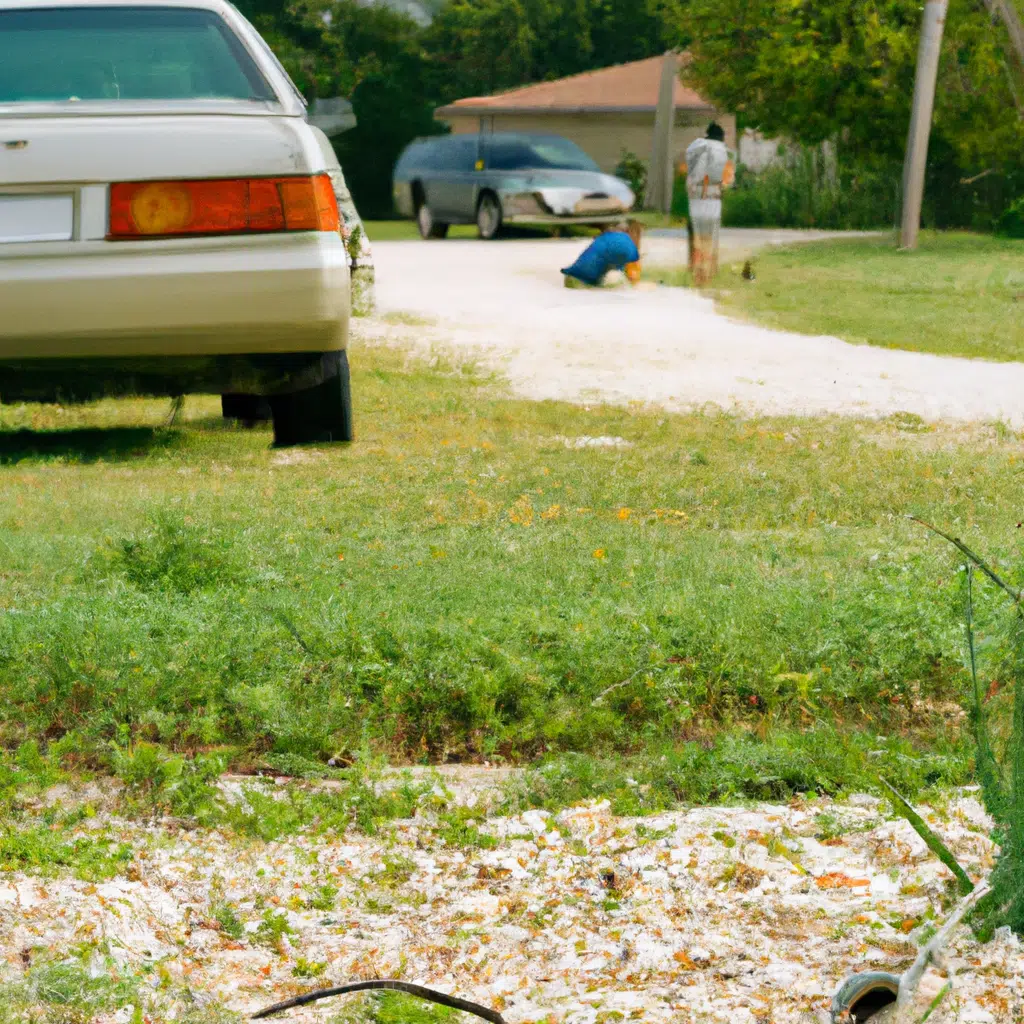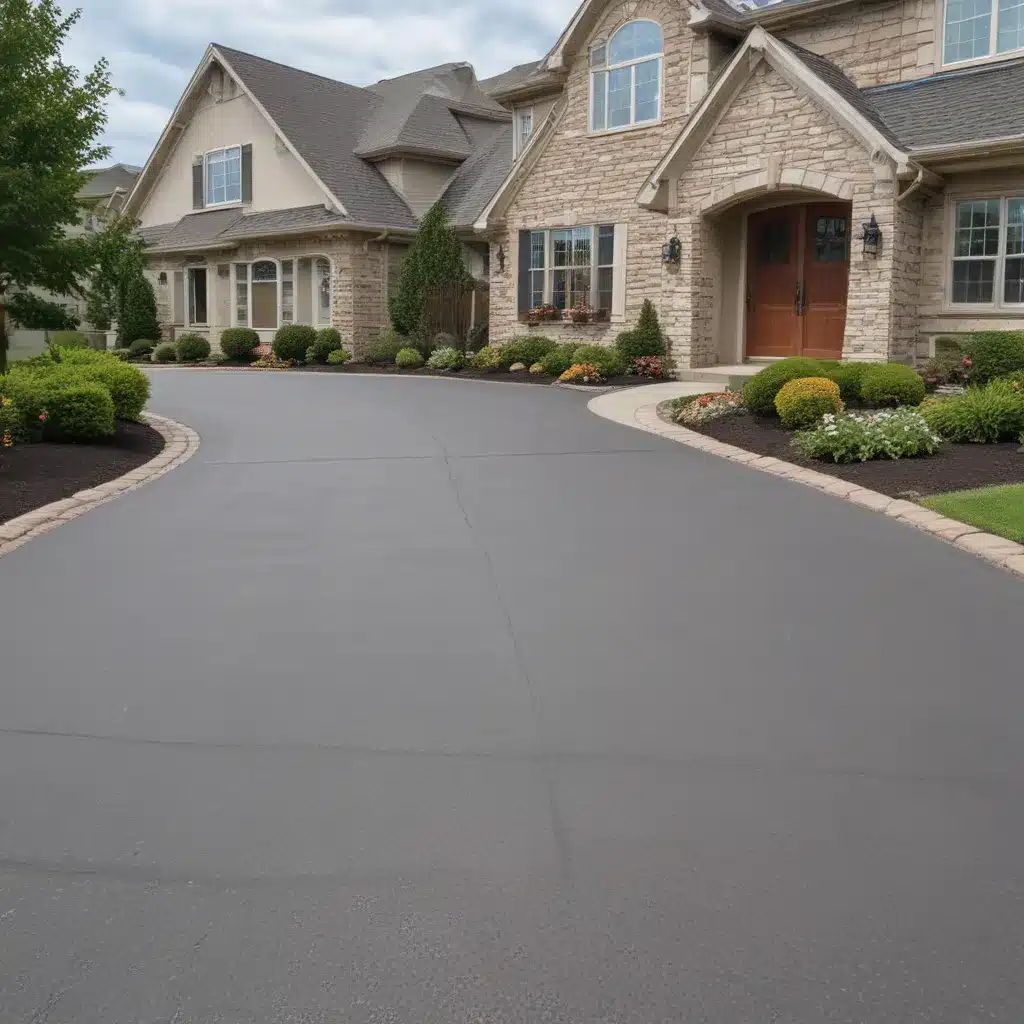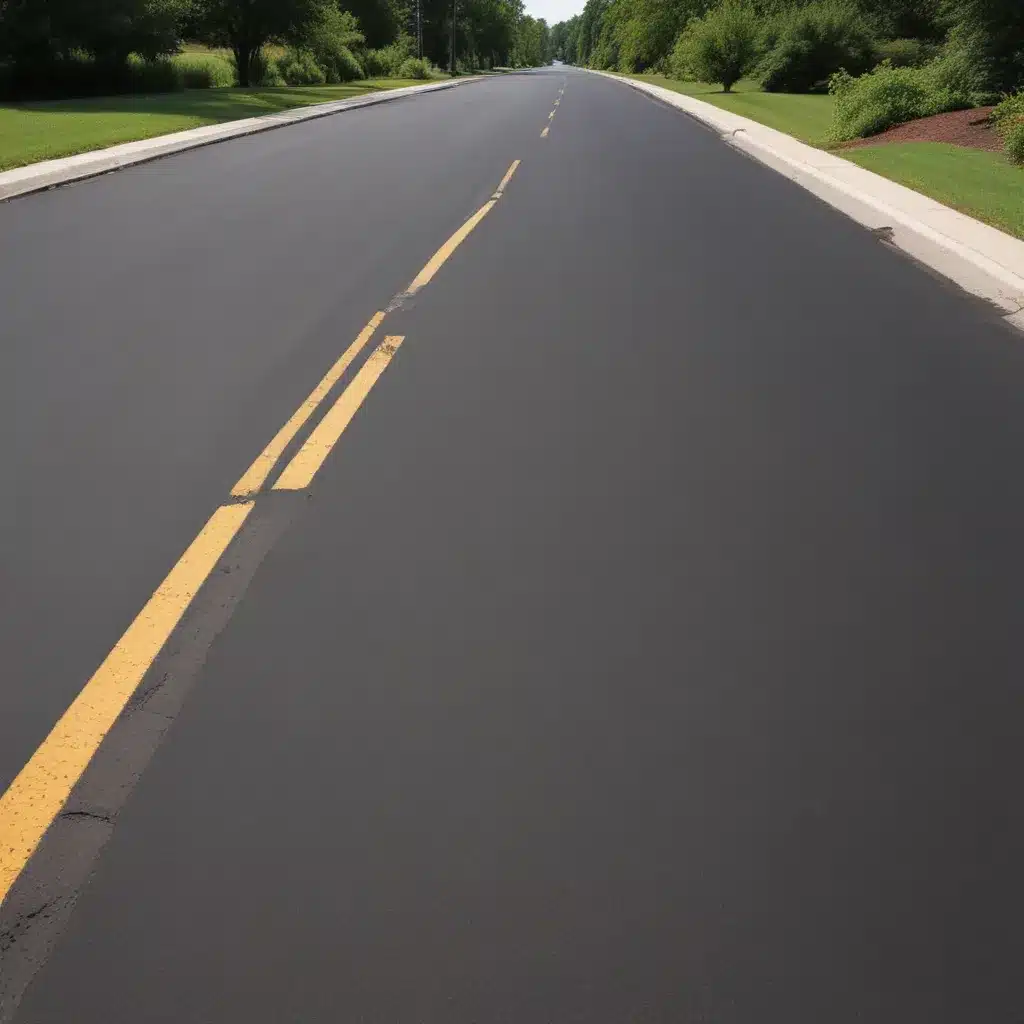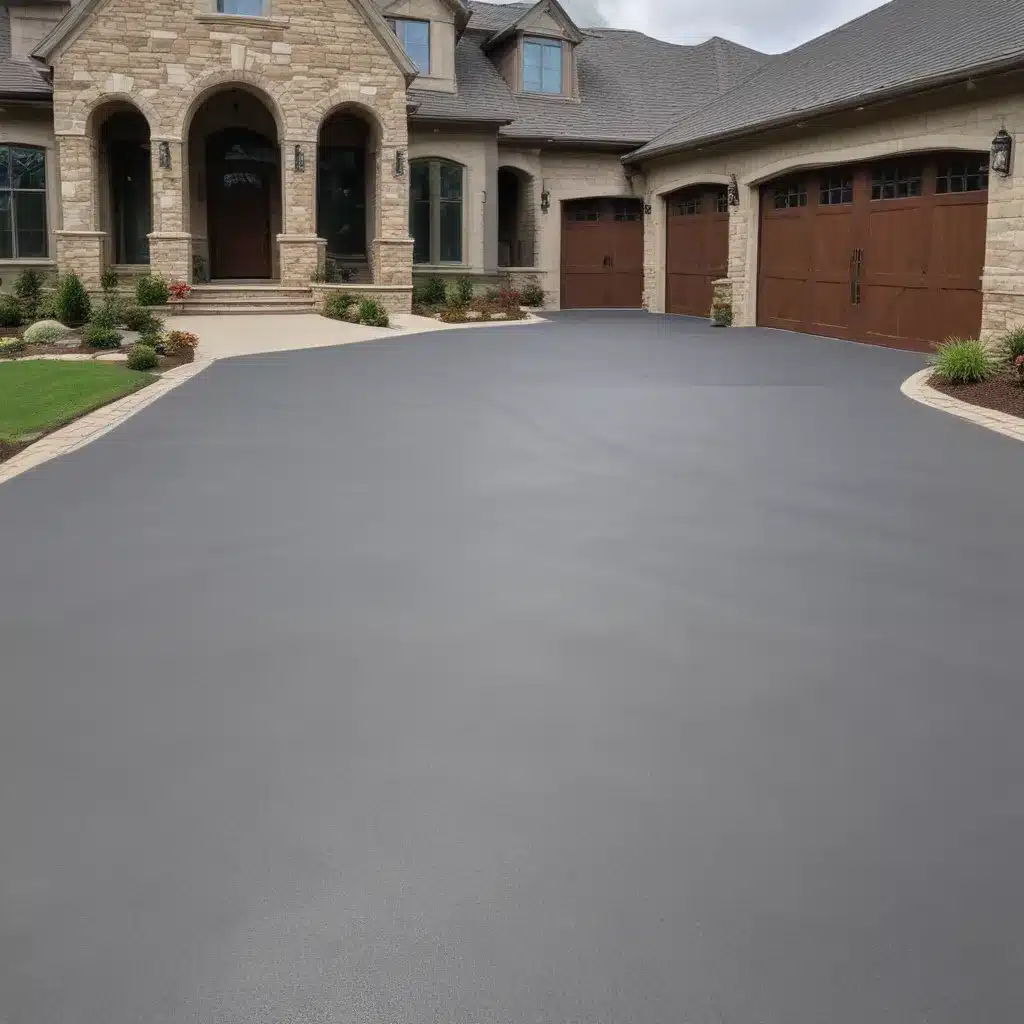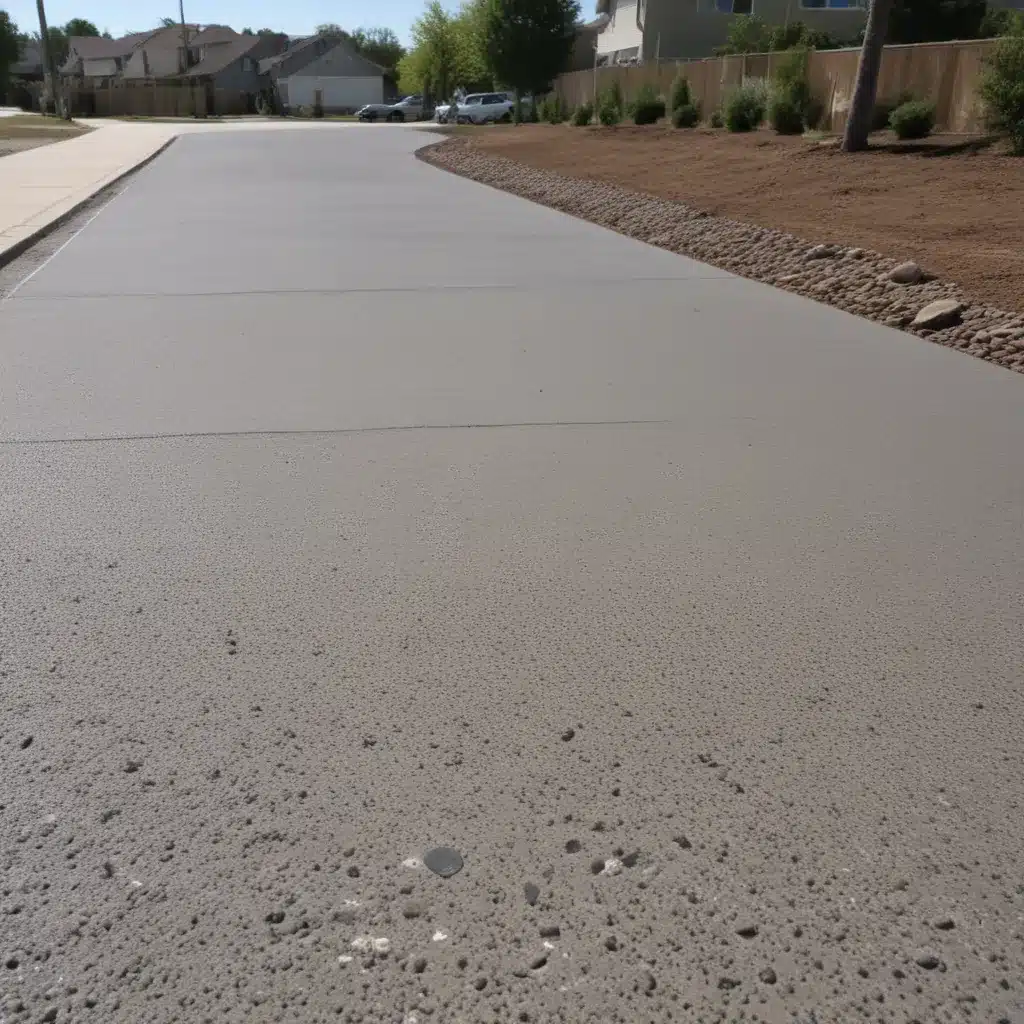Gravel driveways are a popular choice among homeowners for their rustic and natural appearance. However, they come with a range of hidden dangers that can lead to costly repairs and maintenance. In this article, we will explore the risks associated with gravel driveways and provide tips on how to avoid them.
The Risks of Gravel Driveways
Erosion
Gravel driveways are prone to erosion, especially in areas with heavy rainfall or snowfall. Over time, the gravel will start to shift and move, creating uneven surfaces and potholes. This not only looks unsightly but can also be dangerous for vehicles and pedestrians.
Dust and Debris
One of the biggest complaints about gravel driveways is the amount of dust and debris they produce. As vehicles drive over the gravel, it can create clouds of dust that settle on nearby surfaces, including your home and garden. This can be particularly problematic for people with allergies or respiratory issues.
Weed Growth
Gravel driveways provide an ideal environment for weeds to grow. The spaces between the gravel allow seeds to take root, and before long, you can end up with a driveway full of weeds. This not only looks unsightly but can also damage the driveway by pushing up the gravel.
Drainage Issues
Gravel driveways can also cause drainage issues, particularly if they are not installed correctly. If the driveway is not sloped properly, water can pool on the surface, leading to erosion and damage. This can also create a slip hazard for pedestrians.
How to Avoid Costly Repairs and Maintenance
Install Proper Drainage
The key to avoiding many of the issues associated with gravel driveways is to install proper drainage. This involves sloping the driveway away from your home and any nearby structures and installing a drainage system to prevent water from pooling on the surface.
Use Gravel Stabilizers
Gravel stabilizers are products that are designed to keep the gravel in place and prevent erosion. They work by locking the gravel together, creating a stable and durable surface. There are many different types of gravel stabilizers available, so be sure to choose one that is suitable for your driveway.
Regular Maintenance
Regular maintenance is essential for keeping your gravel driveway in good condition. This includes removing weeds and debris, filling in any potholes, and regrading the driveway to ensure proper drainage. It is also a good idea to add new gravel periodically to keep the surface level and prevent erosion.
Consider Alternatives
If you are tired of dealing with the issues associated with gravel driveways, there are alternative options available. Asphalt and concrete driveways are more expensive, but they offer a more durable and long-lasting solution. Pavers and interlocking bricks are also a popular choice for their aesthetic appeal and ease of maintenance.
Conclusion
Gravel driveways may be a popular choice, but they come with a range of hidden dangers that can be costly to repair and maintain. By installing proper drainage, using gravel stabilizers, and regular maintenance, you can avoid many of these issues. However, if you are looking for a more durable and long-lasting solution, consider alternatives such as asphalt or concrete driveways. Whatever option you choose, be sure to weigh the pros and cons carefully to make an informed decision.

